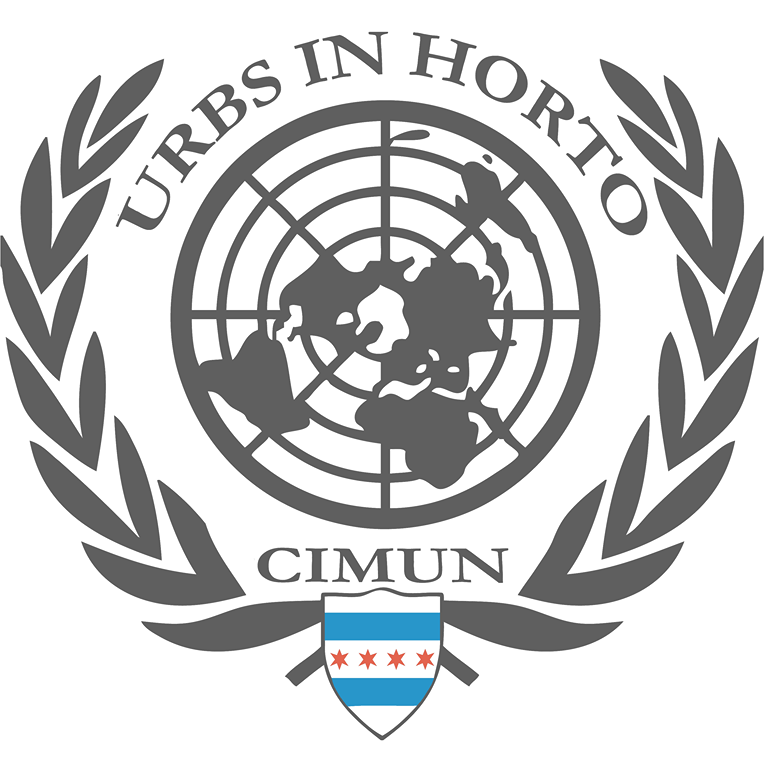Rumors circulate about potential conflict between the ostensibly steadfast allies, the U.S. and the U.K. Alleged “protests” were observed to be occurring in the closed session between the countries.
A House of Commons member accused a U.S. delegate of plotting to veto a U.K. proposal in relation to fighting against communism.
The House of Commons’ reactions to certain topics discussed between the two countries during the signing of a new public treaty alludes to present conflicts, perhaps within the House itself.
The U.K. received extremely mixed reactions from the House when speaking about abolishing unions. Prime Minister Margaret Thatcher initially declined to comment on future union plans, but later established plans to rid the U.K. of all union organizations.
Accusations were thrown at the U.K. Secretary of Energy, with a member of the House calling them a potential “conservative traitor”. This was met with anger from Prime Minister Thatcher, who swiftly denied such a thing.
Despite all the evidence that points towards antagonism on these multiple levels, the U.S. Central Intelligence Director vehemently denies all accusations of conflict between the U.S. and the U.K.. President Ronald Reagan also firmly dismisses any such ideas. The bond between the two countries is only further strengthened by their mutual desire to end communism across the globe. Though the meeting between the two cabinets was initially hectic, their common goal and strong partnership prevailed.
